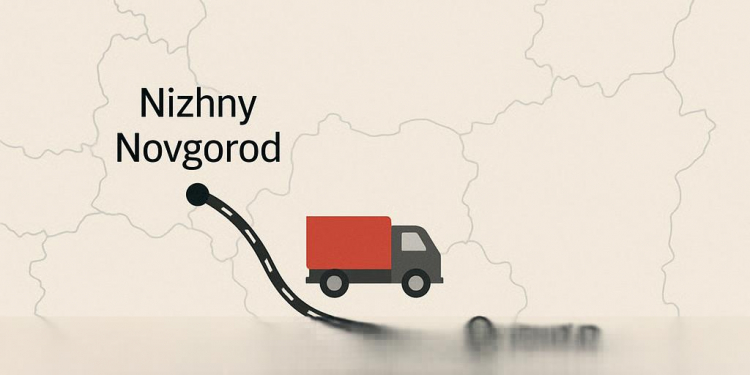We continue our potato tour across the regions of Russia. This week, we visited the Samara and Orenburg regions, where we spoke with farmers, discussed key industry challenges, and explored promising projects.
Samara Region: Modern Technologies and Logistics Challenges
The Samara region demonstrates a high level of agricultural organization. Local farmers actively implement modern plant protection approaches and strive for efficient seed production.
The Experience of “Agroalliance NN” as a Model to Follow
One successful example that could be adapted in the Samara region is the experience of AVGUST and the Nizhny Novgorod-based enterprise Agroalliance NN. They efficiently grow chip potato varieties, using a well-thought-out agrotechnology system and a transparent economic model.
The Importance of Timely Crop Protection Supplies
Farmers emphasize that companies supplying crop protection products (CPPs) should create strategic stockpiles of products in advance. During peak fieldwork periods, timing is everything, and delivery delays can result in significant crop losses.
Samara Solana: Focus on Quality Seed Potato Production
The company Samara Solana is actively developing its seed potato production, supplying high-quality planting material for chip processing. Through careful selection and cultivation practices, the company ensures consistent quality and reliability. Their work supports the broader development of the region’s potato sector by providing dependable seed stock for commercial growers.
In-House Seed Production as a Path to Independence
The Samarskiye Ovoshchi group is developing an ambitious project to produce seed potatoes “from the lab.” The goal is full self-sufficiency and freedom from third-party suppliers. This approach allows for better quality control and long-term production stability.
Orenburg Region: Electrification Challenges and Flood Recovery
In the Orenburg region, farmers also highlight the importance of a stable supply of high-quality CPPs. Many hope that suppliers will prepare for the season in advance to ensure farmers get what they need on time.
Bogolyubovo Farm: Barriers Due to High Electricity Costs
This farm grows potatoes on 70 hectares, using a mix of self-produced seed material (small fractions) and purchases from Babushkina. Plans to expand the area are currently on hold due to high electricity connection costs — tariffs from the grid company make the project financially unfeasible.
Shcherbakov Farm: Recovering After Natural Disaster
This farming operation cultivates 90 hectares of potatoes, mainly the Gala variety (3rd reproduction). Following a severe flood, the farm is gradually restoring its production volumes.
Plans for Next Week
Coming up next:
- Bryansk Region — one of Russia’s key potato-growing areas.
- Visit to the “Maxim Gorky” potato flakes factory — a deep dive into processing and new technologies.







